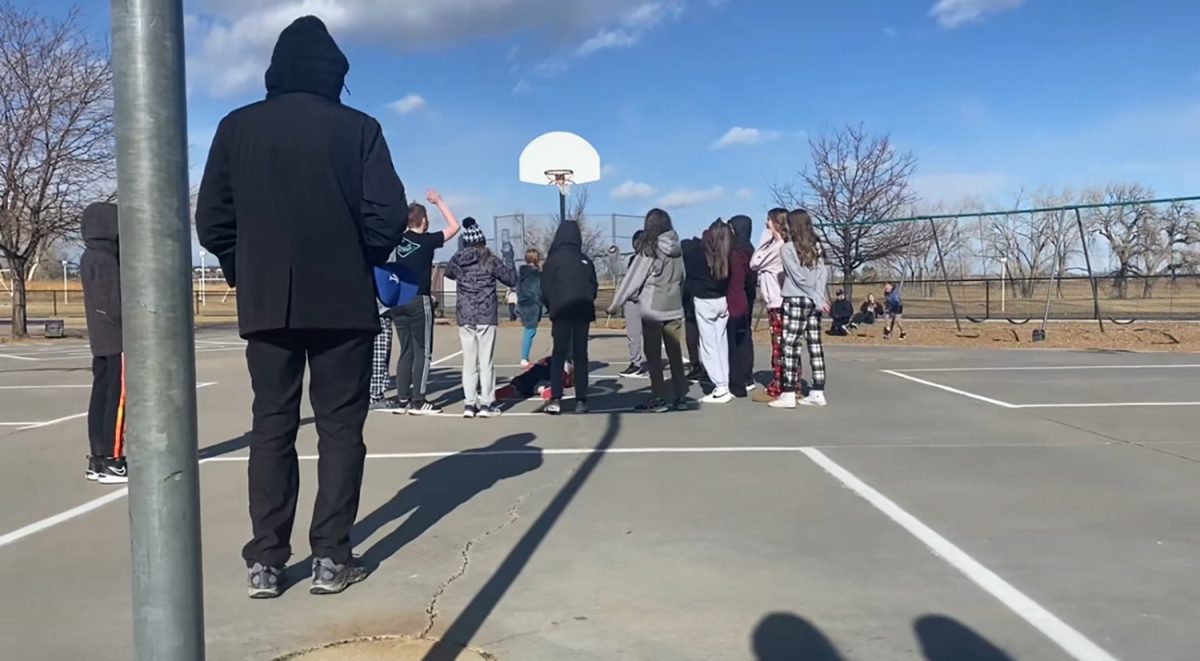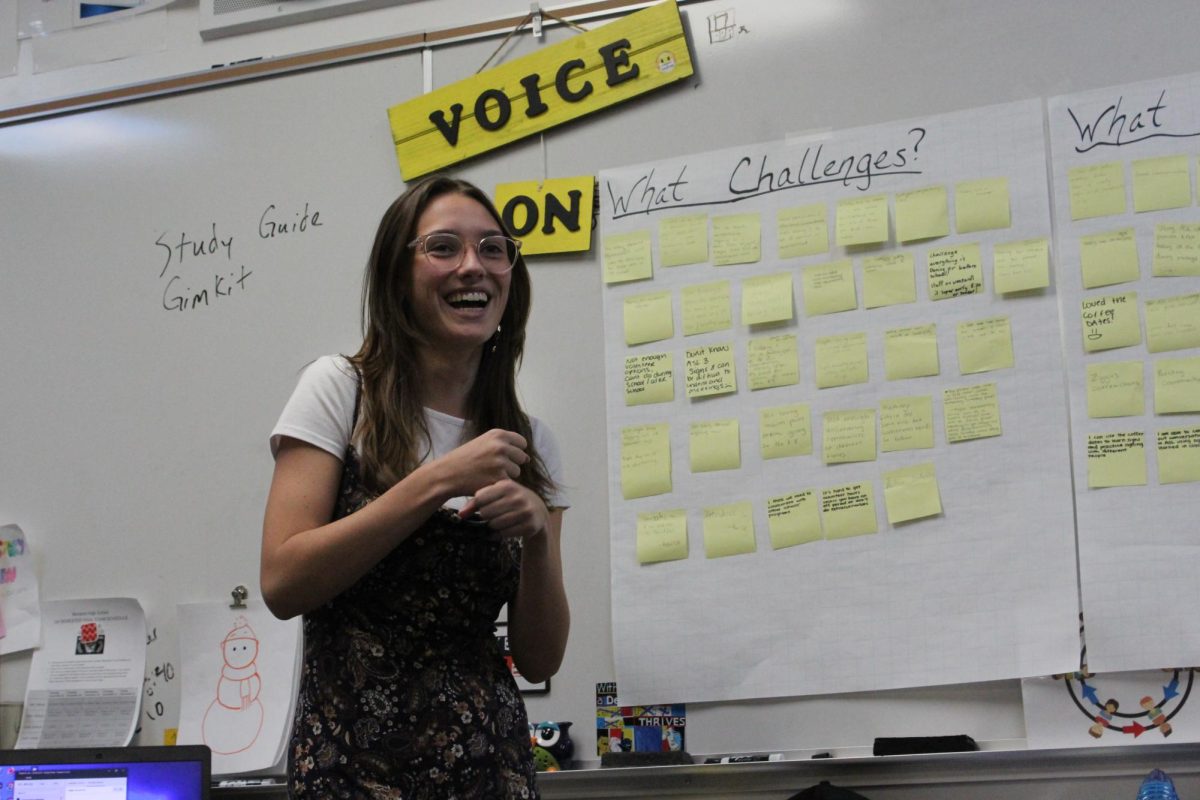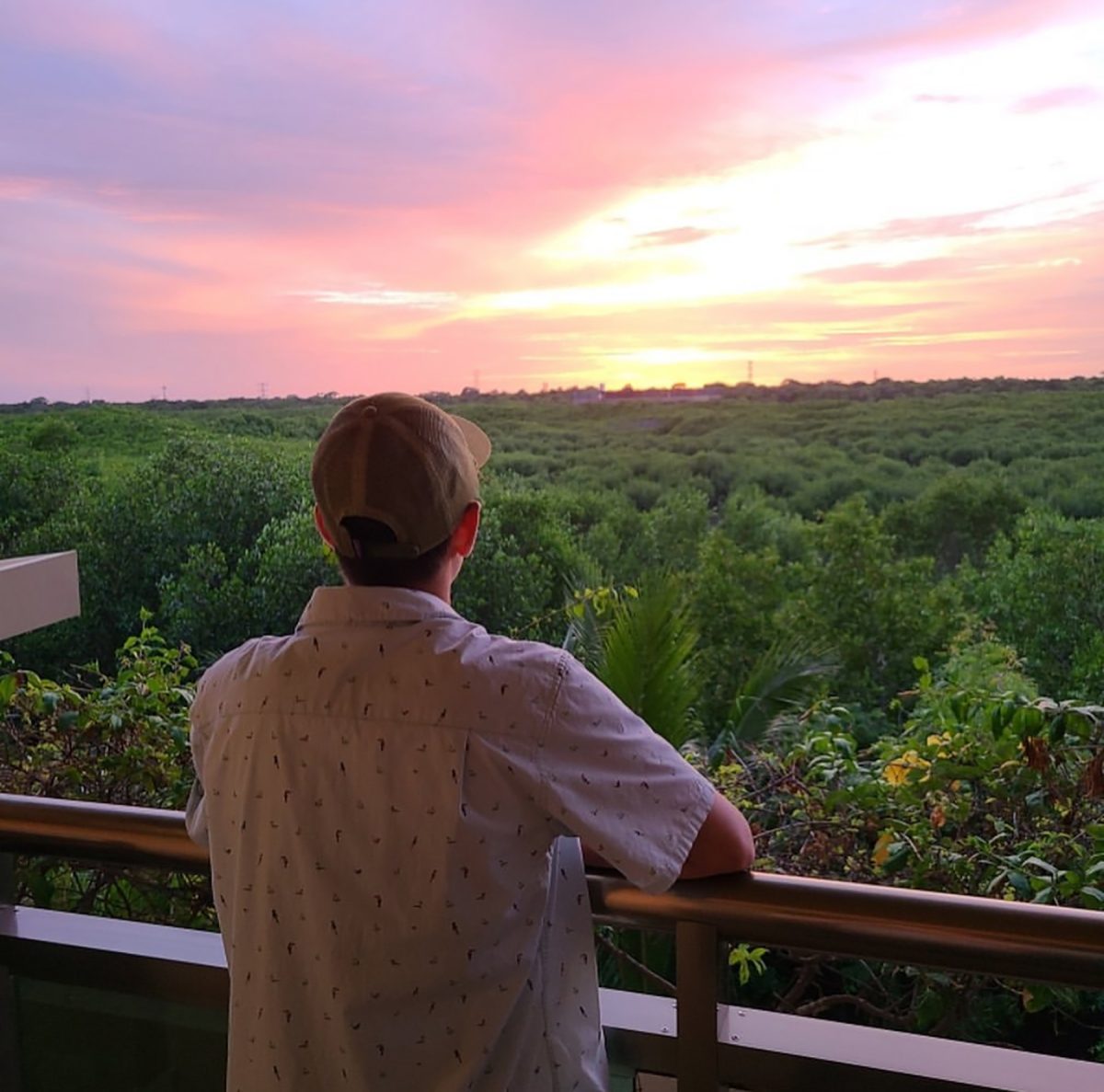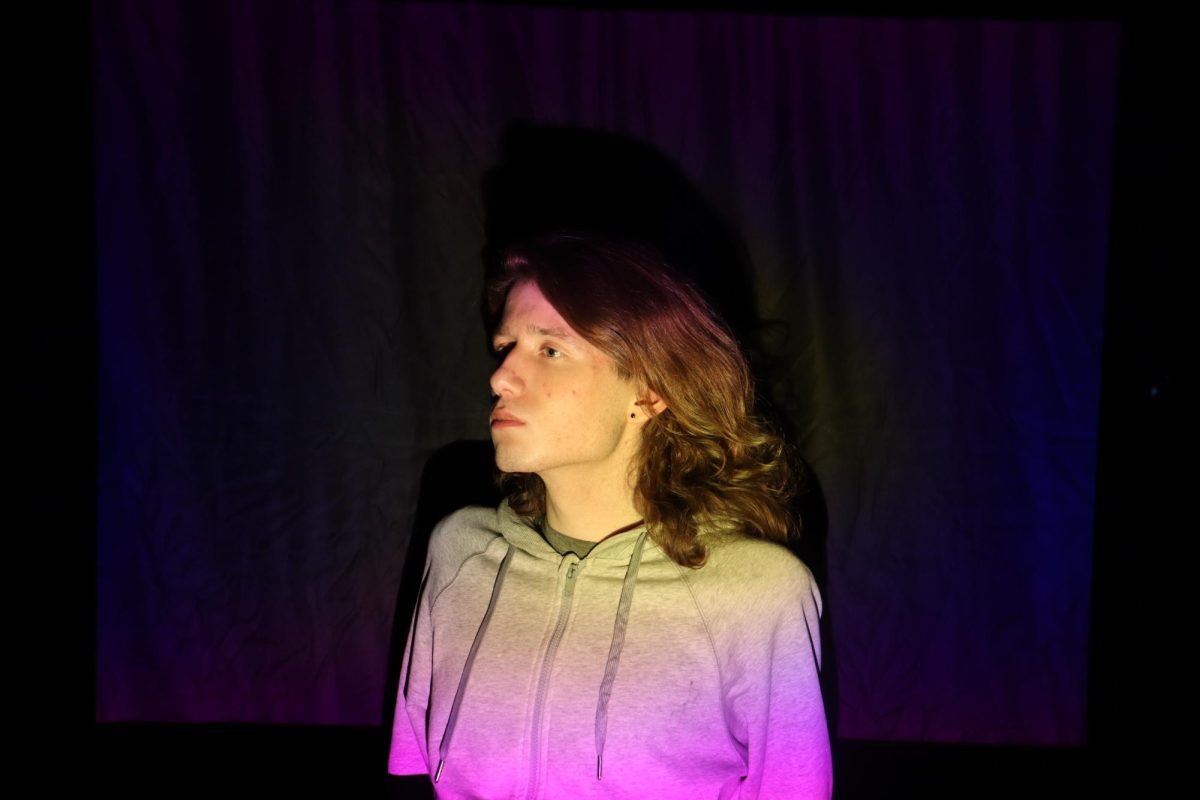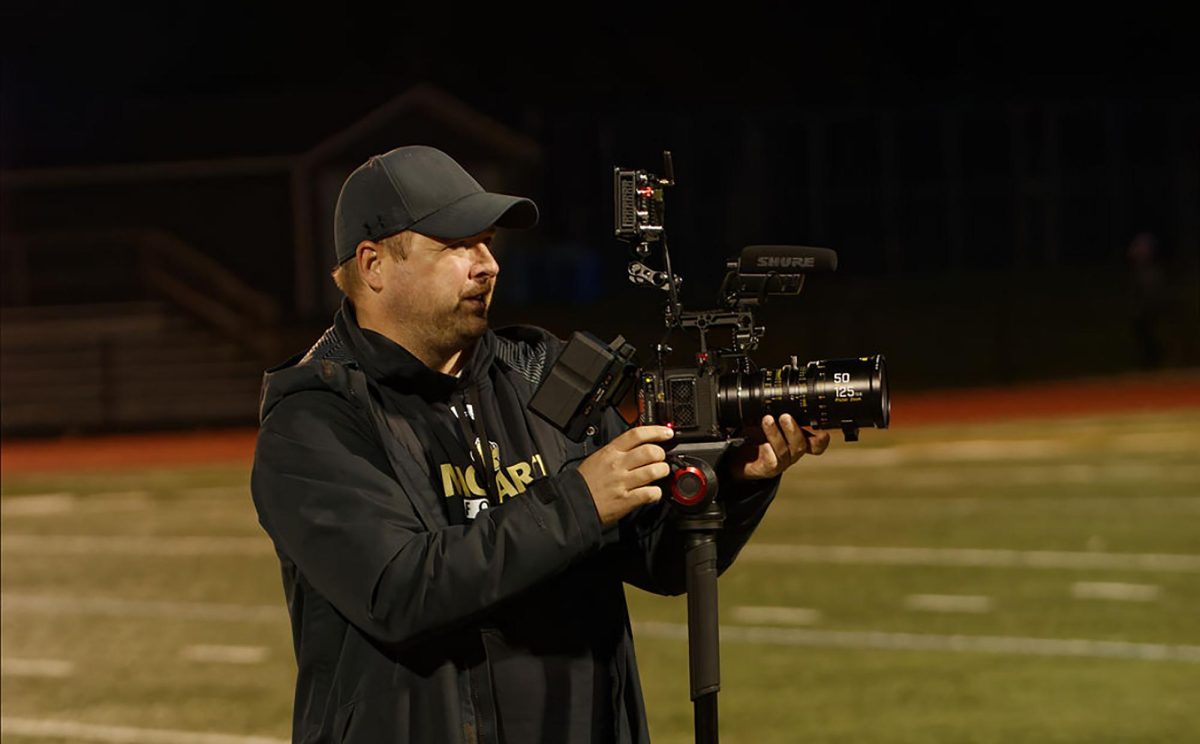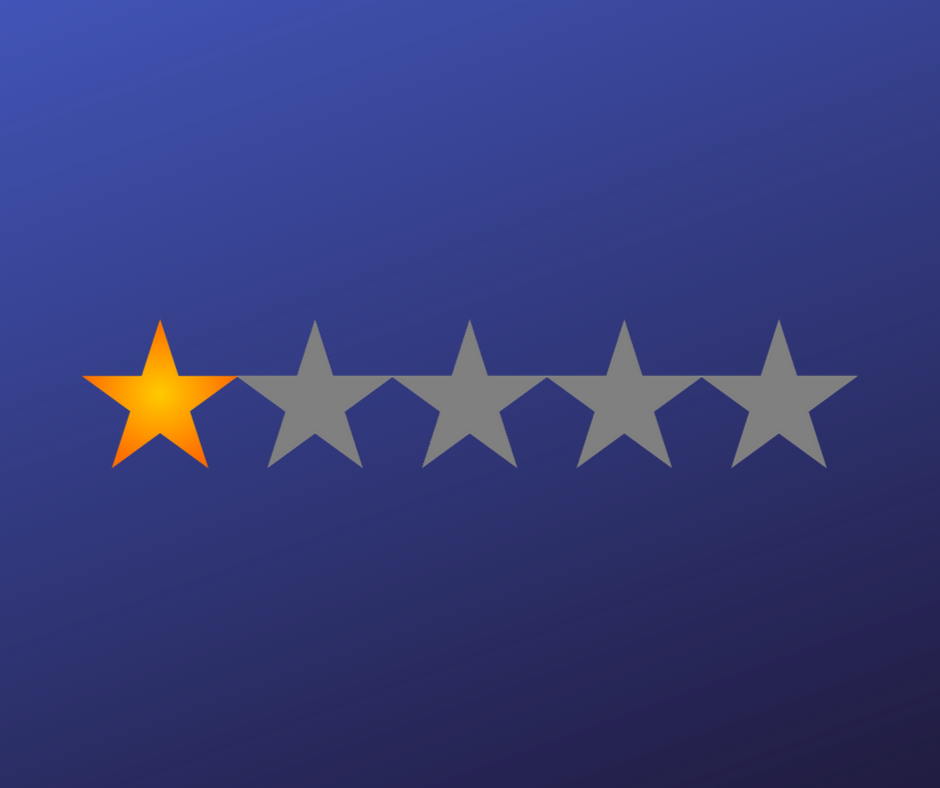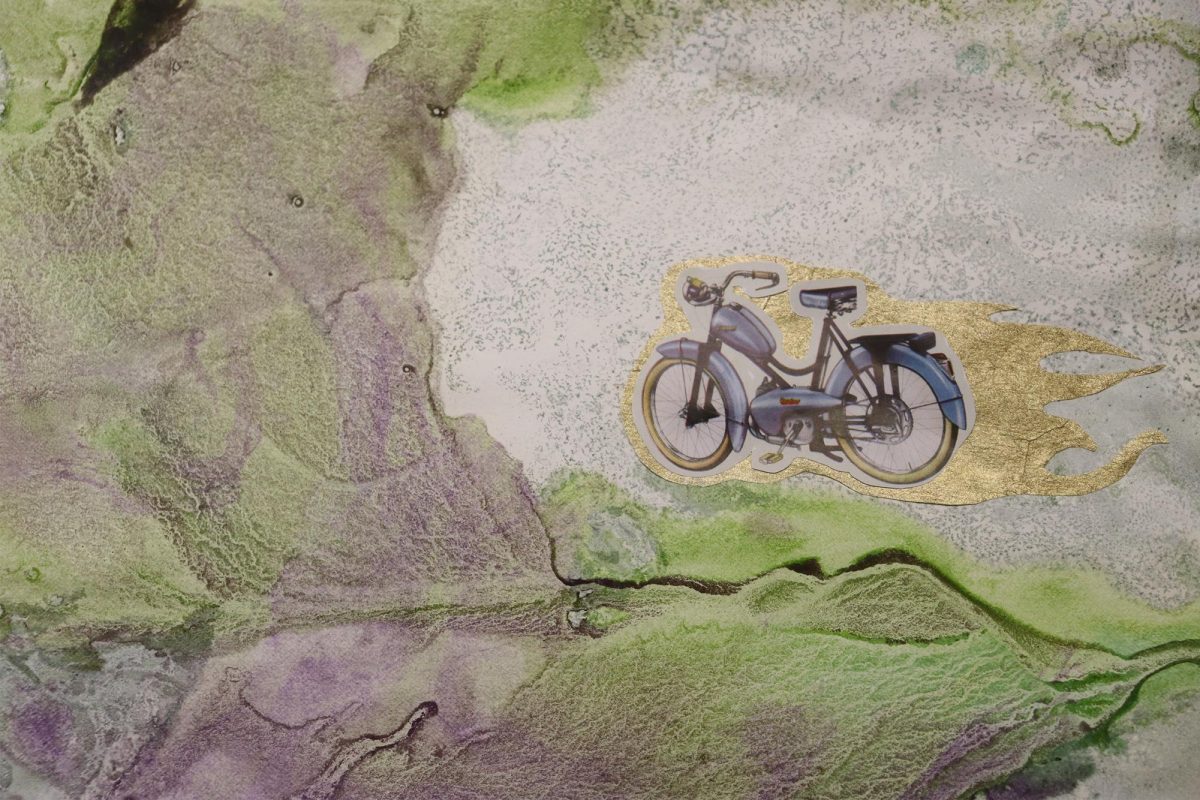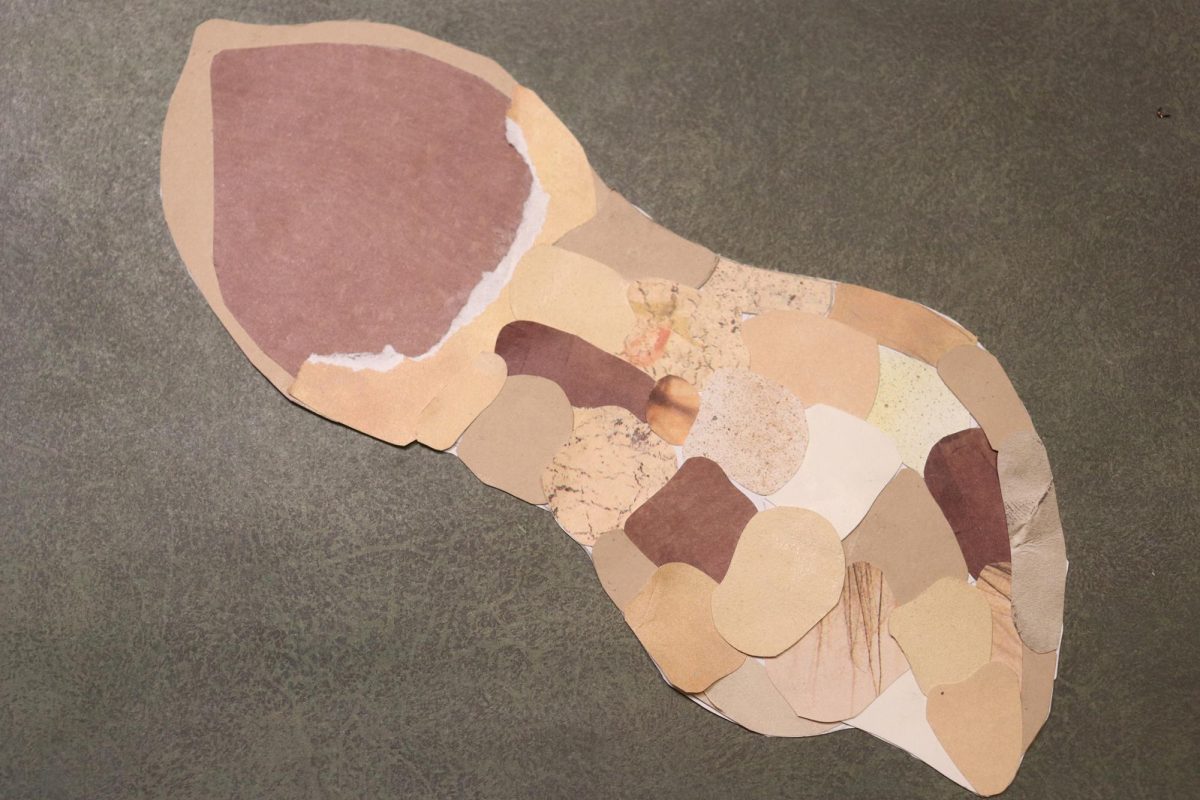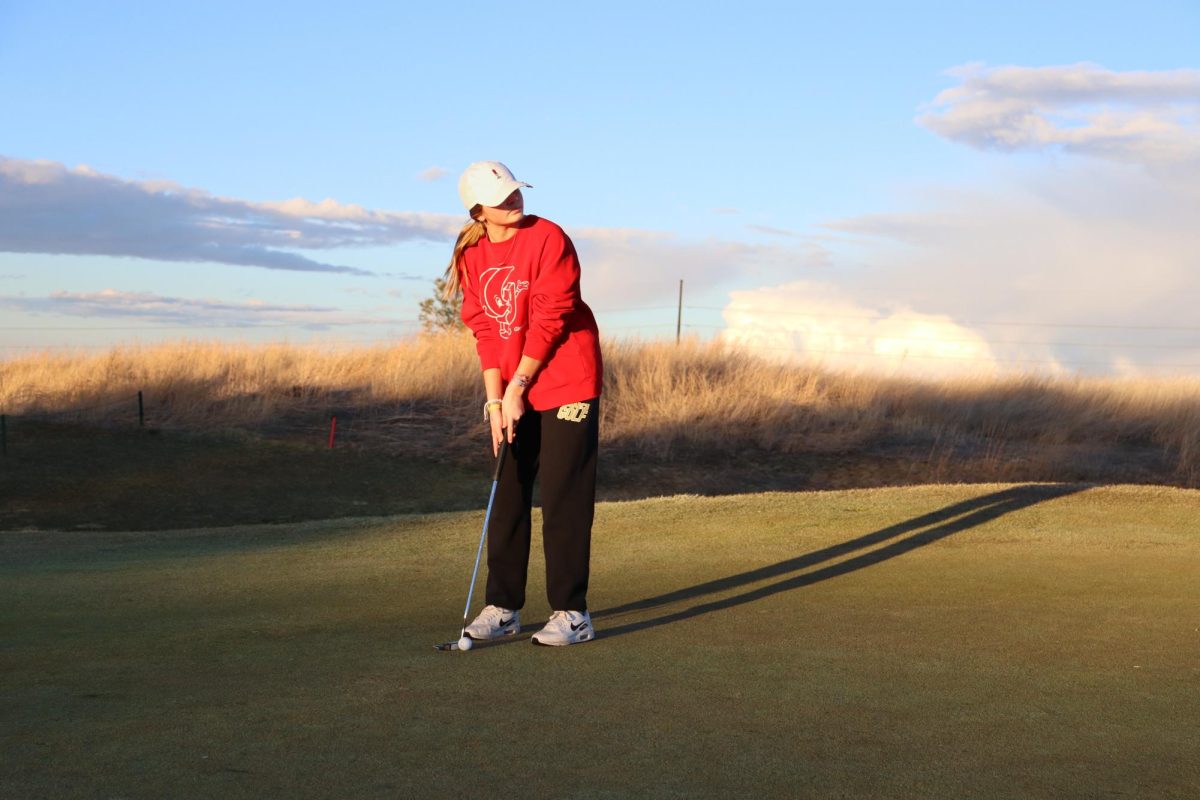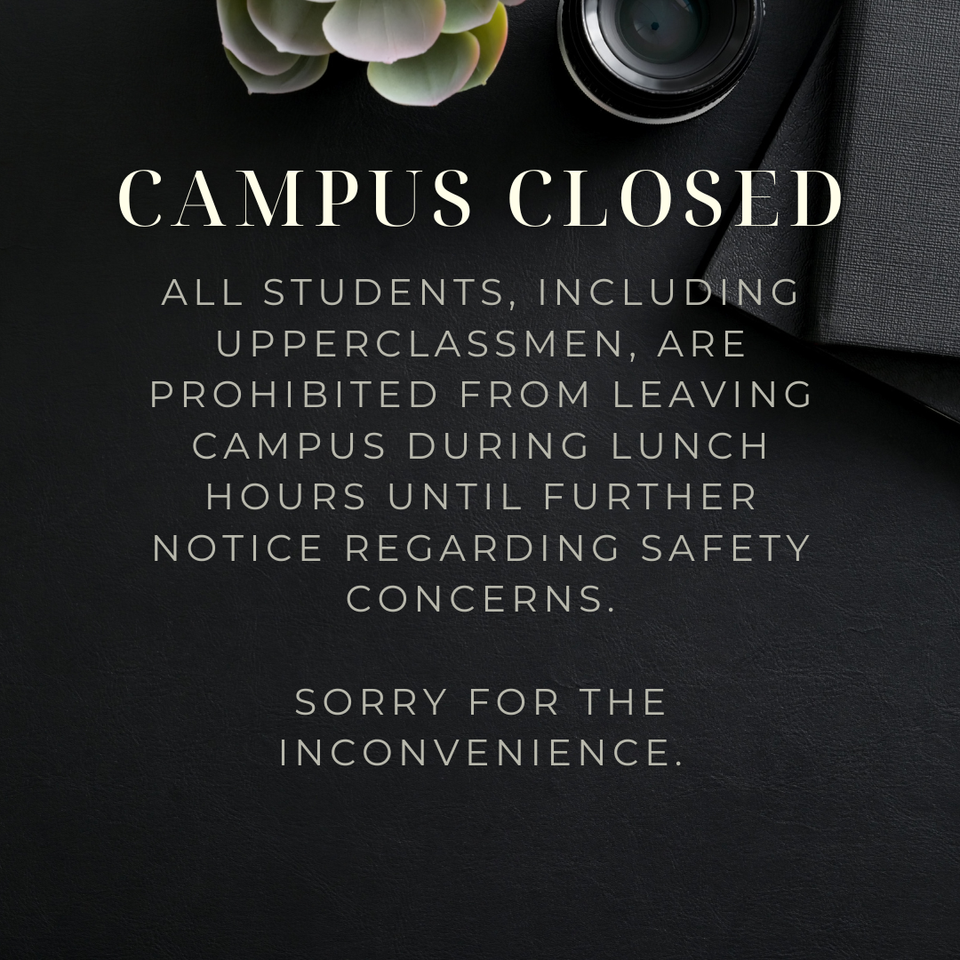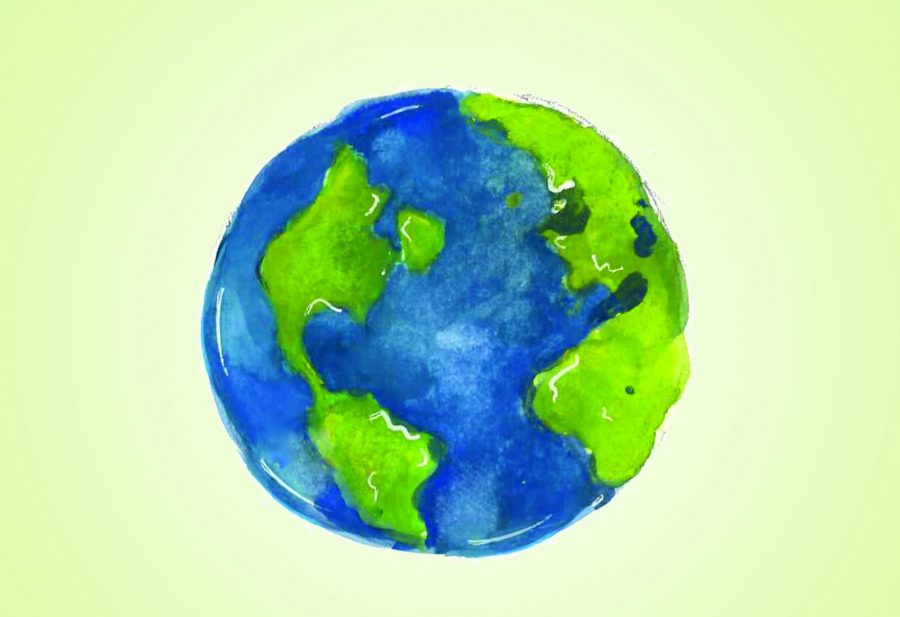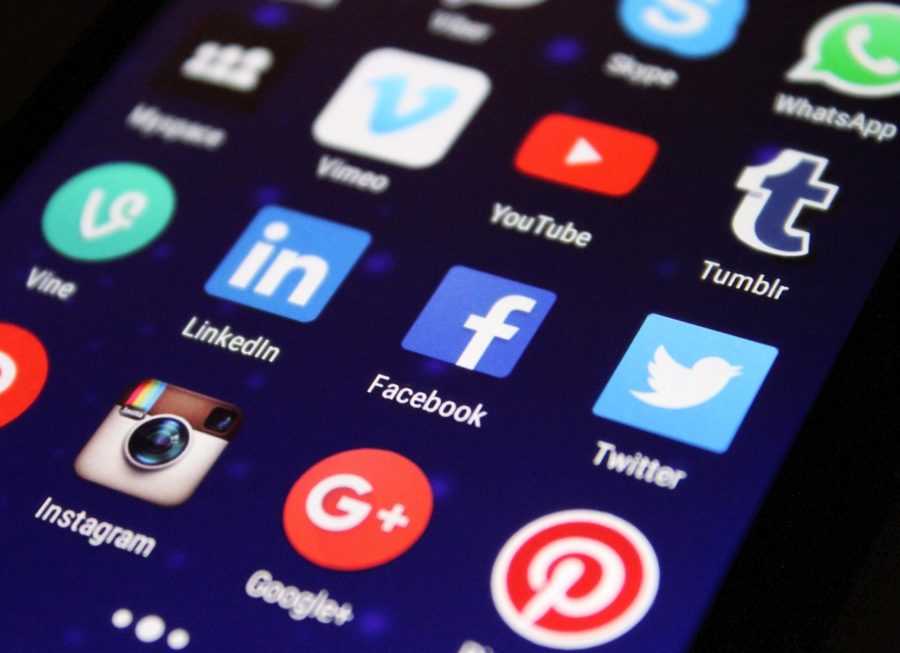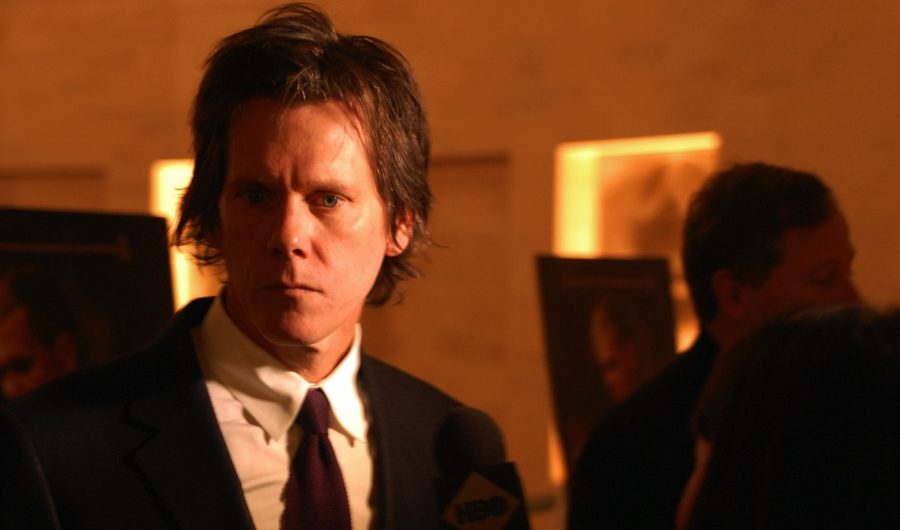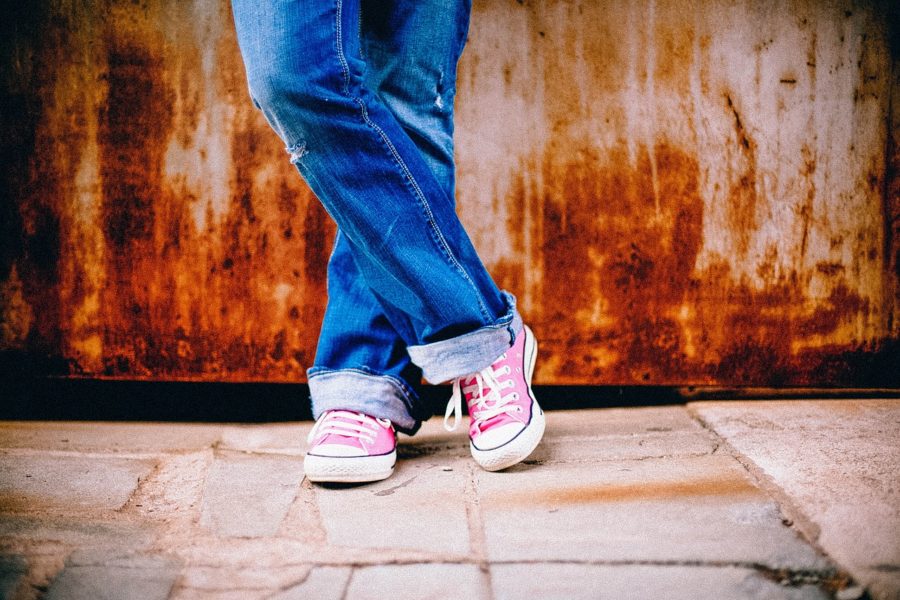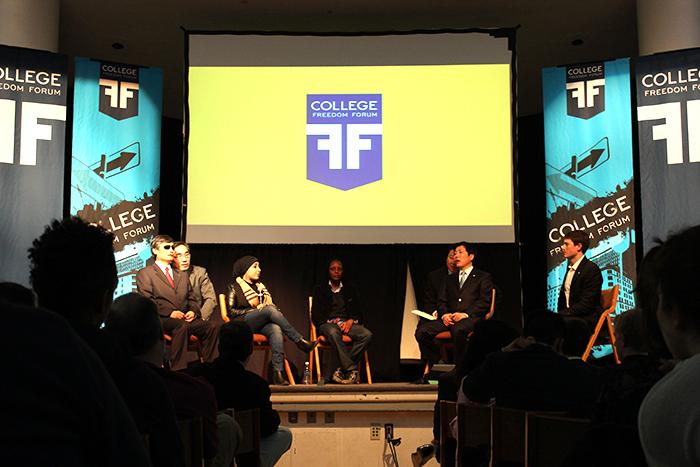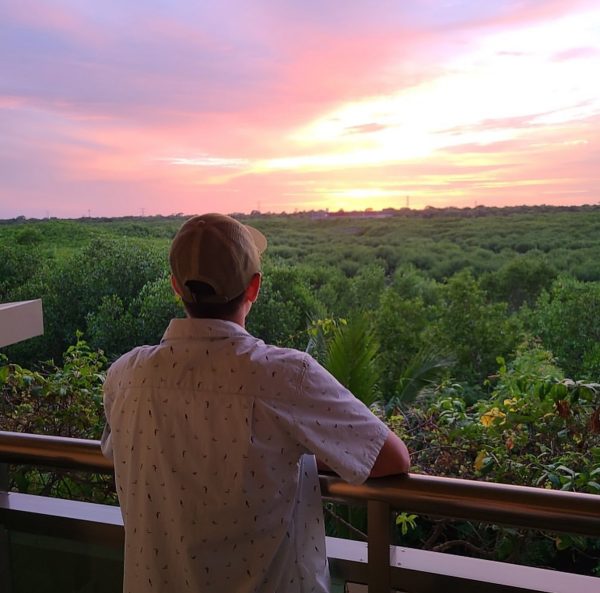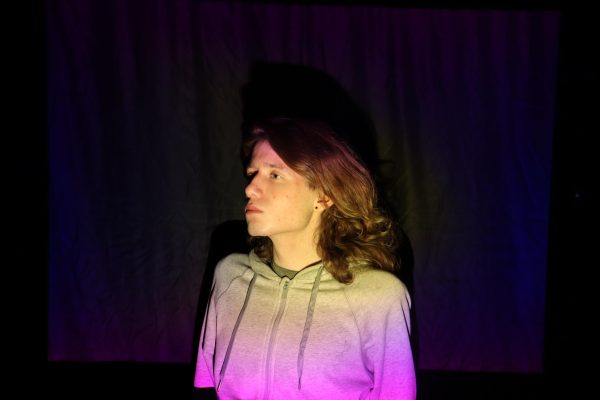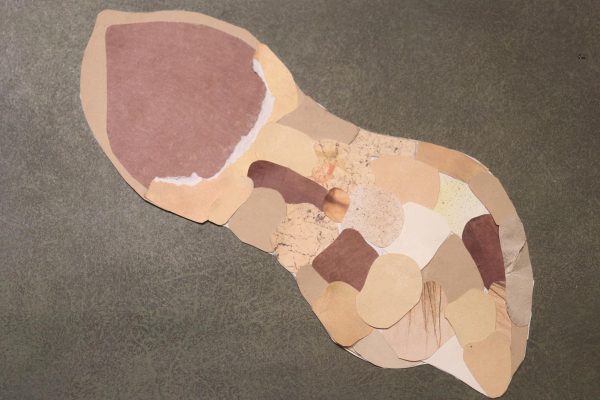Speaking Out for Human Rights
CU event includes four speakers who are working for human rights around the world
Chen Guangcheng, Maryam al-Khawaja, Kasha Jacqueline, and Park Sang Hak take questions from the audience at the College Freedom Forum on March 11th. Each of these speakers know some violation of human rights in their home country.
In the United States of America there is the First Amendment which gives each person the right to say what they want, believe what they want, and protest the government if they do not like the way that things are. It is not like that all around the world. That was the focus of the College Freedom Forum at CU on March 11th.
The event was put on by the Human Rights Foundation and CU’s Distinguished Speakers Board. The Human Rights Foundation is an organization that works to help people maintain their rights around the world. The Distinguished Speakers Board is an event board that brings in speakers that challenge people to think. Events like these are common in both Boulder and CU, and provide powerful messages to those who attend.
Each of the four speakers at the event had known some sort of injustice to their human rights in the nation that they had come from. For them it was dangerous to even be speaking to the students and member of the community about the situations that they were coming from.
The first speaker was Park Sang Hak, an activist from North Korea. After he escaped from North Korea to South Korea he started to work to allow the people in North Korea the truth about how bad of conditions they have and to urge them to want better.”What the regime fear the most is true reality,” said Park. He sends balloons across the border with pamphlets, DVDs, and other ways of spreading information. He said the the government in North Korea gives a great amount of propaganda to the people. “In North Korea, from an early age I received a great amount of anti-American education,” said Park. What Park does is extremely dangerous and he has had an assassin sent after him before, although nothing can stop him from fighting for his cause.
Kasha Jacqueline then took the stage to speak about the persecution of LGBT in Uganda and Africa. She said that to be homosexual is illegal in most of Africa. In Uganda a law was recently signed in that made being LGBT illegal. “In Uganda they can arrest me,” said Jacqueline; for her to even speak at the Freedom Forum or promoting homosexuality in any other way can get her arrested. In Uganda it is not just the law, it is also the social attitude towards all homosexuals. “You see lots of hate crimes happen,” said Jacqueline. The new laws have given people a reason to stereotype and attack people who are homosexual. Even if a person just looks homosexual hey can be accused and persecuted for being homosexual. “People fear to show their faces,” said Jacqueline. She said that what keeps them going is the international support that they receive.
In the middle eastern country of Bahrain, protests against the oppressive government are suppressed. Maryam al-Khawaja spoke about how people took to the streets and when they did they were met with a crackdown of arrests, beatings, and killings from their already strict government. “People want to choose and elect their own government,” she said. She said that over 50 percent of the population was protesting when Bahrain brought in troops from Saudi Arabia and the UAE to end the protests. Multiple family members of al-Khawaja, including her father, uncle and sister, have all been put in jail for protesting. The rights to free expression and speech in Bahrain are small; she talked about how students would get arrested in the middle of the night for liking something on Facebook or tweeting something on Twitter, activities that Americans take for granted. “You get picked up by the police you bet that you will either be beaten or tortured,” al-Khawaja said. She finished by speaking about how other countries are turning a blind eye to Bahrain. “Your value as a human being is only as much as the passport… that you carry,” al-Khawaja said.
Chen Guangcheng is a blind Chinese man who was placed under house arrest and in prison for speaking out against the communist government. When people would try to come and help or visit him they would be beaten; “Some sustained broken arms,” said Guangcheng. He showed video clips of his time in house arrest, including images of his daughter and the rest of his family being trapped with him. He had spoken out against the Chinese government because of the violations to human rights that are being committed and the lack of freedom that the Chinese people have. “[The] Chinese Communist Party monopolizes all of the power in China and it’s truly a power tyrant,” he said. Guangcheng gave statistics that showed how the government was controlled mostly by the rich and political elite, not by the majority of the people. This monopolized government also forces the way that people must think and behave; “Whoever diverts from [the Communist Party’s] central thought would be suppressed and beaten and prosecuted,” said Guangcheng. Although, there is hope in China. “People are starting to awaken” Guangcheng said as he talked about how support for the Communist Party is dwindling. He urged the attendees at the Freedom Forum to use their freedoms that they have in the US to try and help the people in China.
Throughout all of the stories of oppression and loss of human rights, there was always a spark of hope, a glimmer of how things could be better. Each speaker called for listeners to do something to help; “When you see an injustice anywhere in the world and do nothing about it… you are doing an injustice to yourself,” said al-Khawaja.




